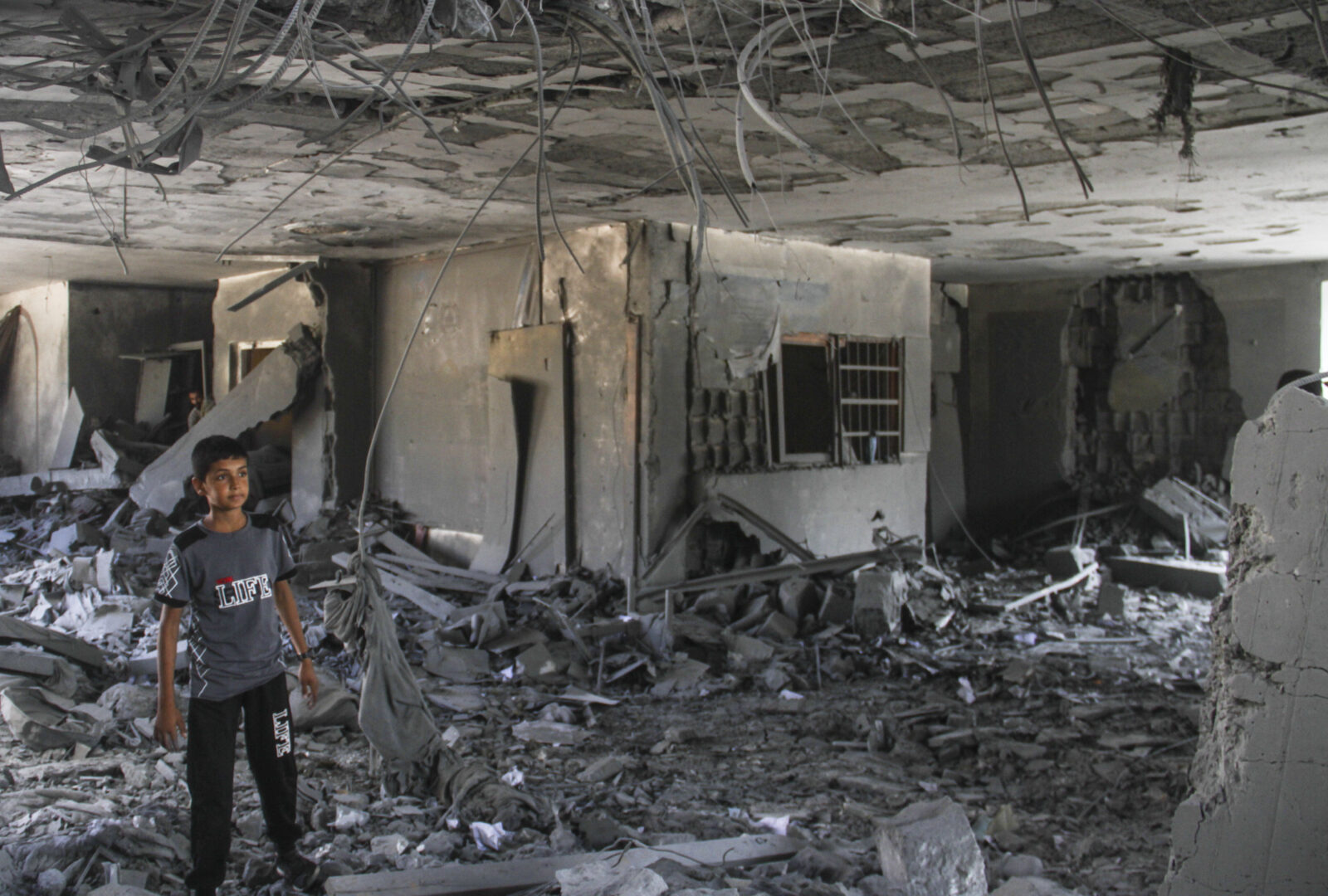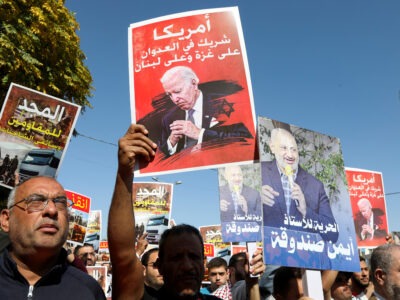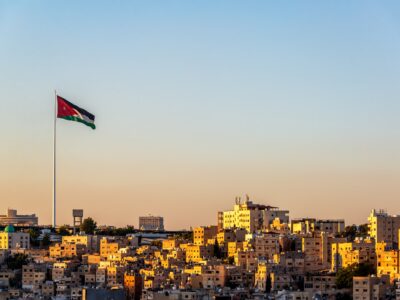Israel’s Invasion of Gaza: One Year Later
On October 13, 2023, Israel began ground operations in the Gaza Strip, less than a week after the Hamas attack on October 7. A year later, Gaza has been reduced to rubble: 90 percent of the population is displaced, over 42,000 people are confirmed dead, with thousands more likely dead or dying, and Israel now having invaded Lebanon on October 1st. Israel continues to occupy Gaza and is engaged in “systematically emptying” northern Gaza; while at the same time, Israel has escalated the conflict with Hezbollah in Lebanon and may launch new strikes on Iran, potentially dragging in the U.S., the broader region, and even possibly Russia and China into a global conflagration.
Where is the Middle East – and US policy toward the Middle East – a year after the Hamas-led attacks on October 7 and Israel’s ensuing atrocities in Gaza? Is the region moving towards even greater conflict, or is de-escalation still possible? What does the past year tell us about the strength (or lack thereof) of international law, human rights conventions, and America’s own regulations in terms of arming and supporting parties at war?
Addressing these questions and more, the Quincy Institute held a conversation with Francesca Albanese, UN Special Rapporteur on Human Rights in Palestine; Noura Erakat, a Palestinian-American activist, university professor, legal scholar, and human rights attorney; and Daniel Levy, a British/Israeli analyst, commentator, and former advisor to the Israeli government. Trita Parsi, Executive Vice President at the Quincy Institute, moderated.
Program
Topics
Entities
Panelists
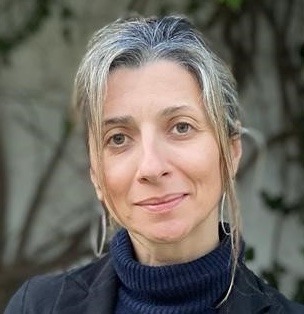
Francesca Albanese
Francesca Albanese is an international lawyer, serving as UN Special Rapporteur on Human Rights in the occupied Palestinian territory since May 2022. A former UN official, she is an affiliate scholar at the Institute for the Study of International Migration at Georgetown University, and a senior advisor on Migration and Forced Displacement for the think tank Arab Renaissance for Democracy and Development (ARDD), where she co-founded the Global Network on the Question of Palestine (GNQP), a coalition of renowned professional and scholars engaged in/on Palestine/Israel. Last November, she published her second book, J'Accuse (Fuoriscena, RCS 2023), which discusses the violence of October 7 in the context of the decades-long oppression of the Palestinian people. A UN report she published in March concluded that there were reasonable grounds to believe Israel had committed acts of genocide in Gaza.
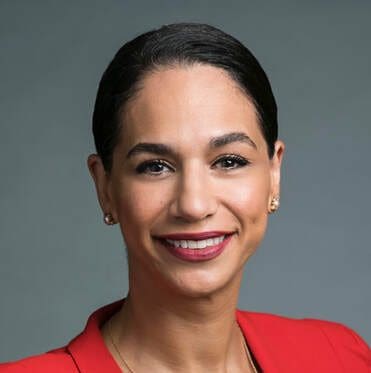
Noura Erakat
Noura Erakat is a human rights attorney and a professor at Rutgers University in the Department of Africana Studies and the Program in Criminal Justice. Noura is an editorial committee member of the Journal for Palestine Studies and a co-Founding Editor of Jadaliyya, an electronic magazine on the Middle East that combines scholarly expertise and local knowledge. She was co-chair of an Independent Task Force on the Application of National Security Memorandum-20 to Israel, a report documenting how U.S. arms to Israel have been used in violation of U.S. and international law and which was submitted to the White House. She is the author of "Justice for Some: Law and in the Question of Palestine" (Stanford University Press, 2019).
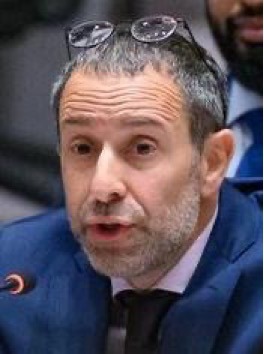
Daniel Levy
Daniel Levy is the president of the U.S./Middle East Project (USMEP), which emphasizes the Palestine-Israel issue alongside regional conflicts, trends and geopolitics. From 2012 to 2016, Levy was director for the Middle East and North Africa at the European Council on Foreign Relations. Prior to that he was a senior fellow and firector of the New America Foundation’s Middle East Taskforce in Washington D.C. and a senior fellow at The Century Foundation in New York. Levy was a senior advisor in the Israeli Prime Minister’s Office and to Justice Minister Yossi Beilin during the Government of Ehud Barak (1999-2001). He was a member of the official Israeli delegation to the Israel/Palestine peace talks at Taba under Barak and at Oslo B under Yitzhak Rabin (1994-95).
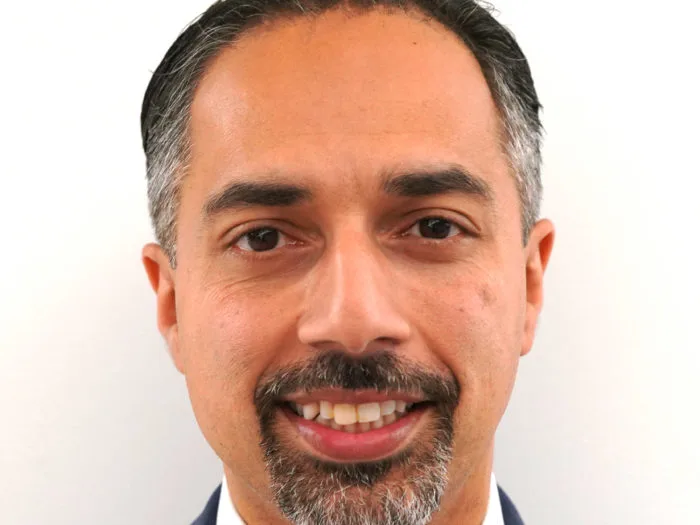
Trita Parsi
Trita Parsi is the executive vice president at the Quincy Institute. He was the 2010 recipient of the Grawemeyer Award for Ideas Improving World Order and was named by the Washingtonian Magazine as one of the 25 most influential voices on foreign policy in Washington D.C. in both 2021 and 2022. Parsi is an expert on U.S.-Iranian relations, Iranian foreign politics, and the geopolitics of the Middle East. He is the co-founder and former President of the National Iranian American Council. He received his PhD in foreign policy at Johns Hopkins’ School for Advanced International Studies.

